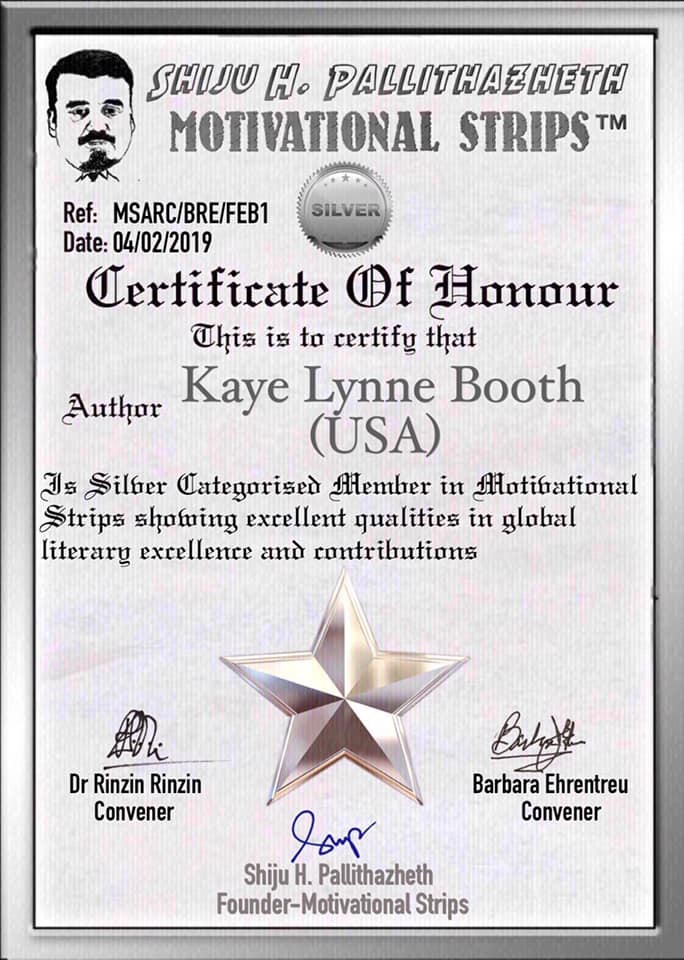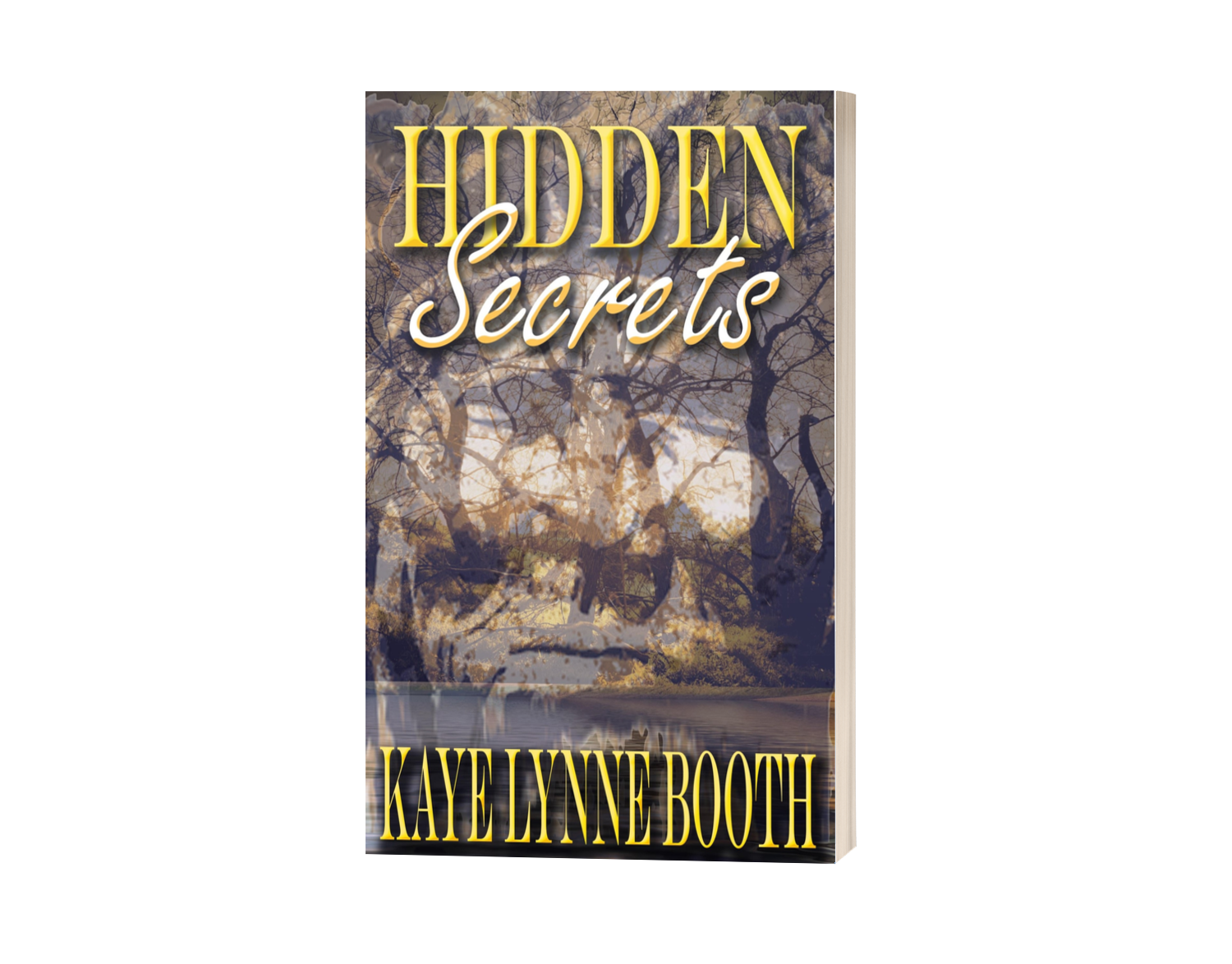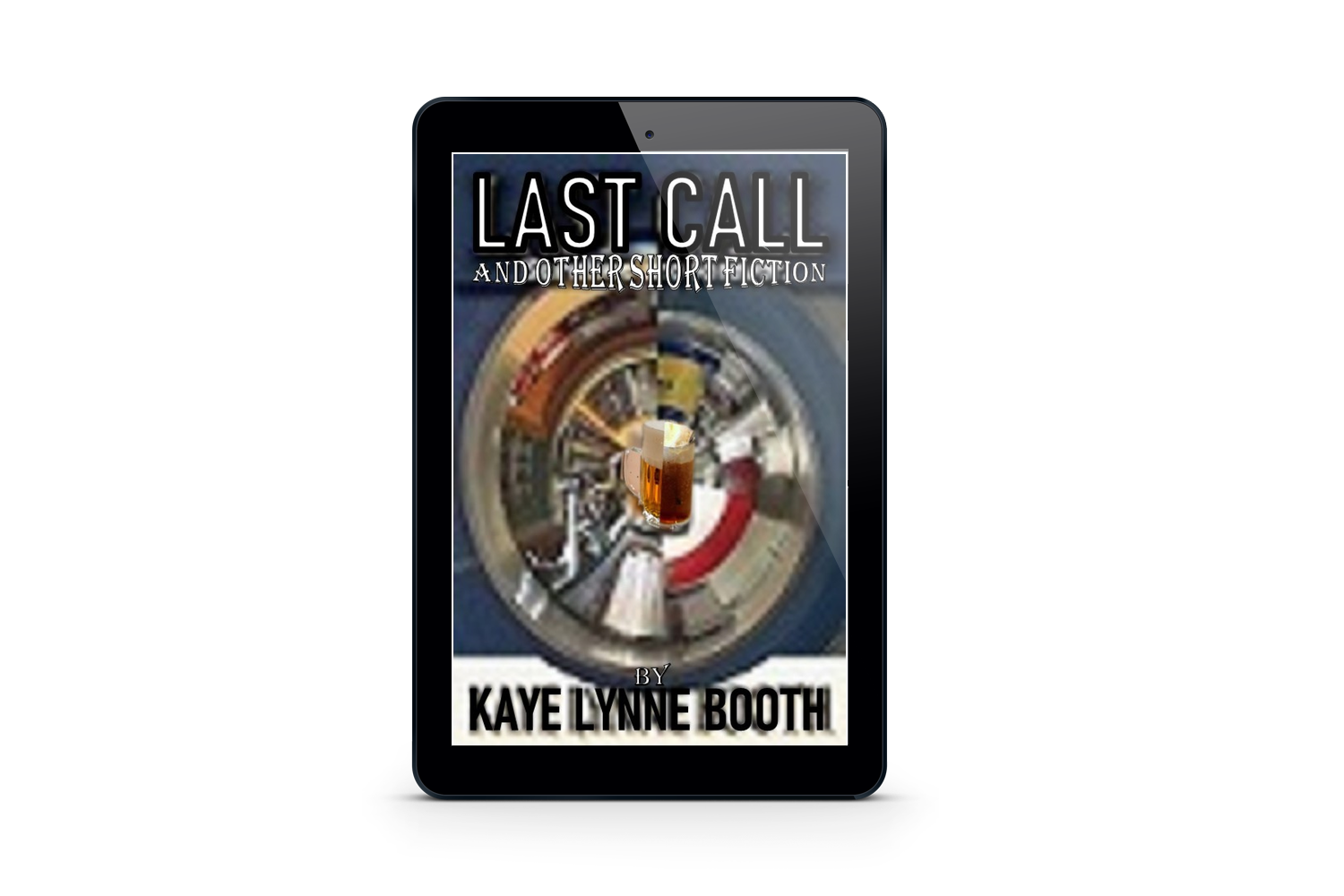Is Shakespeare still relevant 400 hundred years after his death?
Posted: June 19, 2020 Filed under: Commentary, Historical Inspiration, Literary, Opinion, Theater, Writing | Tags: Classic Literature, Robbie Cheadle, William Shakespeare, Writing, Writing to be Read 34 Comments
My son and I have different opinions on the relevancy of Shakespeare in our modern world. Greg thinks Shakespeare’s works have become irrelevant and would prefer to study more modern writers who have written about issues that have shaped our modern world.
He would rather study 1984 by George Orwell which is about totalitarianism, discrimination, tracking and other issues that, in his opinion, are still a concern today. He sees Fahrenheit 451 by Ray Bradbury as being relevant because he does not see people burning books in Western society.
I disagree with Greg on both counts but I am limiting this post to my thoughts about the relevancy of Shakespeare, who just happens to be one of my favourite authors.
These are the reasons that I think it is still worthwhile for students to study literature:
We quote Shakespeare all the time
Shakespeare invented over 1700 of our common words. He did this by changing nouns into verbs, changing verbs into adjectives, connecting words never before used together, adding prefixes and suffixes, and devising entirely original words.
Some of my favourite Shakespeare originated words are green-eyed, assassination, bloodstained, lustrous and obscene.
In addition to all the words Shakespeare invented, he also put words together in new ways to create phrases and idioms. Most people know the famous quotes which are commonly attributed to Shakespeare including:
- All the world ‘s a stage, and all the men and women merely players. They have their exits and their entrances; And one man in his time plays many parts;
- Some are born great, some achieve greatness, and some have greatness thrust upon them; and
- How sharper than a serpent’s tooth it is to have a thankless child!
Many people don’t realise, however, that many everyday sayings are attributable to Shakespeare such as be all and end all, catch a cold, heart of gold and to much of a good thing.

His works are universal and enduring as are his characters
Shakespeare’s plays portray timeless themes of human experience and interaction that have remained relevant since his death. They are also considered to be among the most expertly written and beautifully poetic works in the history of literature.
The outstanding features of Shakespeare’s play are as follows:
- Characterization: Shakespeare created very real and intense characters who deeply feel all of their emotions. This makes them alive and real to the reader and/or audience;
- Language: As detailed above, Shakespeare contributed a significant number of words, phrases and idioms to the English language. His usage of language was masterful and make his works enduring and memorable;
- Range of plays: Shakespeare wrote at least 37 plays and collaborated on several more. His plays comprised of comedies, histories, tragedies and sonnets. Nearly all of his work was of an extraordinary high quality of excellence which is one of the reasons his plays are still studied by students of literature;
- Shakespeare has had a massive influence on literary culture: In addition to the use by modern writers of his words, idioms and phases in their work, allusions to Shakespeare and his plays have influenced a number of well-known subsequent literary works including the following:
- Moby-Dick by Herman Melville (allusions to Macbeth/King Lear);
- The Daughter of Time by Josephine Tey (Richard III);
- The Dogs of War by Frederick Forsyth (Julius Caesar);
- Love in Idleness by Amanda Craig (A Midsummer Night’s Dream);
- The Talented Mr Ripley by Patricia Highsmith (Macbeth);
- Brave New World by Aldous Huxley (The Tempest);
- Cakes and Ale by W Somerset Maugham (Twelfth Night);
- The Black Price by Iris Murdoch (Hamlet);
- Wise Children by Angela Carter (The Taming of the Shrew et al); and
- A Thousand Acres by Jane Smiley (King Lear);
- Exciting plots: Shakespeare’s plots are exciting and are filled with romance, horror, bloodshed, family feuds, fairies, ghosts, witches and comedy.

What is your view? Do you think Shakespeare is still relevant? If not, what would you have preferred to study instead?

About Roberta Eaton Cheadle

I am an author who has recently branched into adult horror and supernatural writing and, in order to clearly differential my children’s books from my young adult and adult writing, these will be published under the name Roberta Eaton Cheadle. My first young adult supernatural novel, Through the Nethergate, has recently been published.
I also have two short paranormal stories in Whispers of the Past, a paranormal anthology edited by Kaye Lynne Booth.

Like this post? Let me know in the comments. You can be sure not to miss any of Writing to be Read’s great content by subscribe to e-mail or following on WordPress. If you found this content helpful or entertaining, please share.















[…] Continue reading here: https://kayelynnebooth.wordpress.com/2020/06/19/is-shakespeare-still-relevant-400-hundred-years-afte… […]
LikeLiked by 1 person
You make an interesting case. I had no idea about all those words being invented by Shakespeare. I haven’t read anything of his since high school. I have a collection of his work sitting on a shelf, maybe I’ll dust it off. Thanks!
LikeLiked by 3 people
Hi Janet, thank you for reading and commenting. I am a big Shakespeare fan and made a literary pilgrimage to his birth town in 2018. I enjoy his plays a great deal.
LikeLiked by 2 people
Definitely relevant. Aside from the literary points you mention here, he captures all human emotion and holds it up for understanding.
That said, I do think more modern classics… such as Orwell’s 1984 and Animal Farm…should be included in the curriculum, especially in an era where youngsters spend less time reading that they used to, on the whole, with so many more visual distractions.
LikeLiked by 3 people
Thank you for adding your thoughts, Sue. I know you are also a Shakespeare fan. I think young people find the language difficult and that makes appreciating the wonder of the language and the humour and emotion difficult.
LikeLiked by 1 person
The best thing for learning to understand and appreciate Shakespeare is to see it played live… I had that chance when I was studying Henry IV and the Prospect Theatre Company came to my home thatre, with Timothy Dalton playing Prince Hal. Studying the play went from drudgery to enchantment during that one performance…and I went back the next night to see the second part.
I was also lucky enough to know the stage door man from when I had danced at the theatre, so was able to meet and learn from the cast. Their passion was infectious.
LikeLiked by 3 people
You make a good point. The plays were written to be performed.
LikeLiked by 3 people
They were… and when they are, there is no difficulty in understanding the language of another era.
LikeLiked by 2 people
I didn’t know you danced at the theatre. What fun, Sue. You are full of lovely surprises. You are correct that seeing the play would be much better. I must make a plan about that when we next go abroad. Not much Shakespeare locally, I’m afraid.
LikeLiked by 1 person
Some of the films do Shakespeare well… though you cannot beat being there and seeing it live.
LikeLiked by 2 people
Hello, Liz, I hope you are well. Sue is an encyclopedia of amazing knowledge about literature and history.
LikeLiked by 2 people
I agree that the stories Shakespeare wrote are timeless, and as you point out, the basis for so many books that followed. But I also like the books your son is interested in reading…
LikeLiked by 3 people
I do too, Jim, and I find his opinions interesting and well considered.
LikeLiked by 2 people
And quite mature!
LikeLiked by 2 people
He has his moments [wink].
LikeLiked by 2 people
Don’t we all… 🙂
LikeLiked by 2 people
The proof of time that he is still totally part of our lives whether speaking his words or watching a film of one of his plays. Most of all it is true that ‘all life is there’ every weakness and strength of human nature. And of course his spoken word is music to the ears of anyone who, like me, thinks it’s a pity we don’t still speak like the King James Bible!
LikeLiked by 2 people
I also like the King James Bible and that is what I have at home, Janet. I didn’t add it here because it didn’t fit in, but Shakespeare is also a huge brand and makes a huge contribution to the UK tourism. 5 Million people visit Stratford-upon-Avon every year.
LikeLiked by 2 people
Very cogent, Robbie. Shakespeare is like the sky itself; we can’t elude him no matter where we go. That is, unless we dig very deep holes in the ground. We’d probably find The Bard there, too.
LikeLiked by 2 people
Well put, Art. I love Shakespeare and also Chaucer. I tried to pass this love onto my boys but must expect their opinions. Greg is a teenager and that age group knows everything [smile].
LikeLiked by 1 person
I think his taste in literature, which is already good, will evolve. 🙂
LikeLiked by 2 people
Hi Rob, Greg’s taste in literature currently reflects his very strong political and social views. He is a great champion for human rights for everyone and supports causes for transgender, gay, black, Jewish and everything and everyone else you can think of. It is wonderful and we are proud of him.
LikeLiked by 2 people
He sounds as smart and as aware as his Mother is. You have a alot to be proud of, Robbie.
LikeLiked by 2 people
Thank you, Rob. Hugs.
LikeLiked by 2 people
It’s hard to find any writing that has not been influenced in some way by his work. It’s not the details that make them relevant but the universal and ancient themes, and the human relationships that still fall into the same patterns over and over again. And of course the masterful language. (K)
LikeLiked by 2 people
I agree with you, Kerfe. I shared Greg’s views because I thought they were interesting, considering how academic he is. Teenagers have strong opinions. I like the books he enjoys too. He is currently reading Cry the Beloved Country by Alan Paton.
LikeLiked by 1 person
I agree with all of your points supporting why Shakespeare is still relevant today. It would never occur to me to even question it! Studying Shakespeare in college was an absolute joy.
LikeLiked by 2 people
I never studied English at University, Liz, and my courses were not flexible. I have studied many English texts on my own with a modern translation and guide. I love reading all about what the writers intentions were and discovering so much more about the writing than I would have picked up on my own. It is a bit of a hobby of mine now.
LikeLiked by 2 people
That would be a very enjoyable hobby! Have you tackled Chaucer in Middle English?
LikeLiked by 2 people
Hi Liz, I have read Chaucer in Middle English but I need the translation next to it. I have a book with old English on the left and modern English on the right. I also have a teenage modernised version which I read to the boys a few times. We also went to Canterbury Tales in Canterbury [twice] and listed to all the tales then too.
LikeLiked by 2 people
Shakespeare is relevant though his history plays are a struggle given both length and language. I’m past the time I’ll sut through 3 and 3/4 hours for a Henry but Macbeth, yes ill do that. What works better i think and where he eorks well is the modetn adaptation. It makes his themes and stories much more accessible. And if thr language is tweaked for a modern ear why not. But his greatness is his fungibility and for that he will be with us.
LikeLiked by 2 people
I agree with you, Geoff. I think Shakespeare’s play are wonderful. I bought my boys the junior versions with modernised English so that they could enjoy them properly and without struggling with language.
LikeLiked by 2 people
Well done. Get them hooked whatever way they’ll have a joyous connection for life.
LikeLiked by 2 people
I love Shakespeare, and he’s been a huge influence in my writing. My love of words, phrases, similies come from reading his works. My love of poetry is also inspired by him. You’re preaching to the choir, girl! 😉 I understand where your son is coming from, but I think he’ll appreciate the relevance and genius of Shakespeare when he gets older. This is a fun and fascinating post, Robbie! Thank you! ❤ xo
LikeLiked by 1 person